Emmanuel Macron has said that the West may have to send ground troops to Ukraine to support their war against Russia. The president of France made his comments on Monday as he hosted a conference at the Elysée palace about how best to support Ukraine. In attendance were more than 20 European heads of state and government, including German Chancellor Olaf Scholz, as well as representatives from the USA and Canada.
Already a subscriber? Log in
Subscribe for just $2 a week
Try a month of The Spectator Australia absolutely free and without commitment. Not only that but – if you choose to continue – you’ll pay just $2 a week for your first year.
- Unlimited access to spectator.com.au and app
- The weekly edition on the Spectator Australia app
- Spectator podcasts and newsletters
- Full access to spectator.co.uk
Or


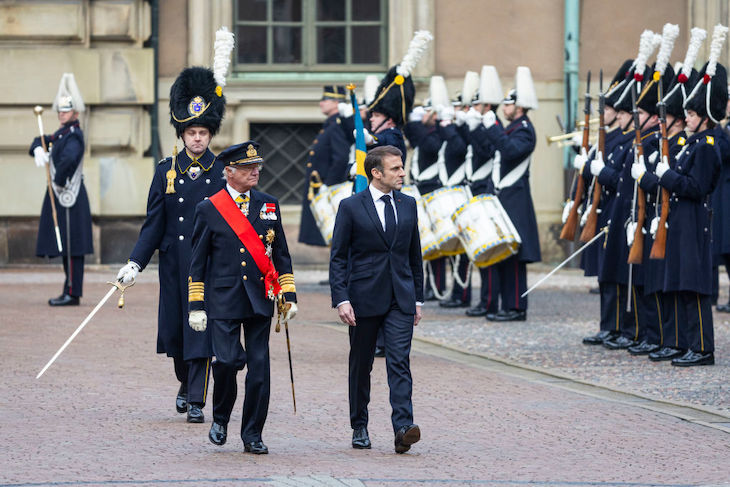
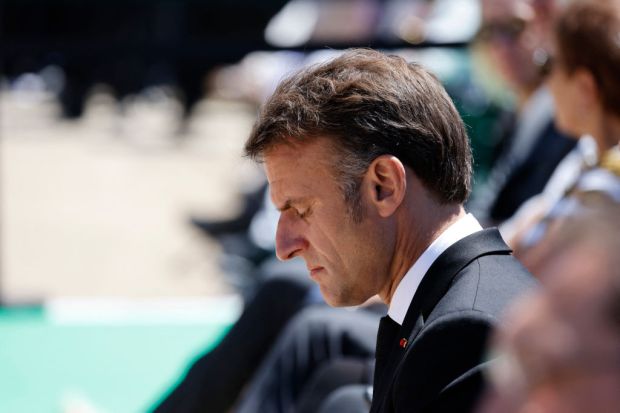
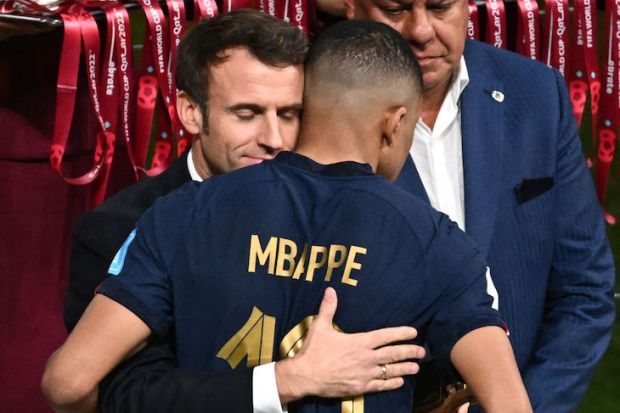
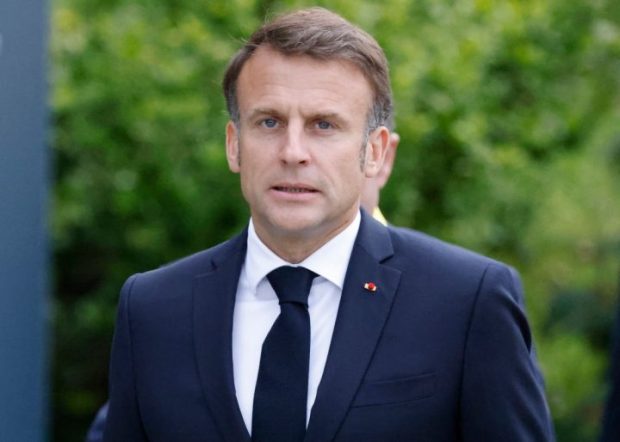

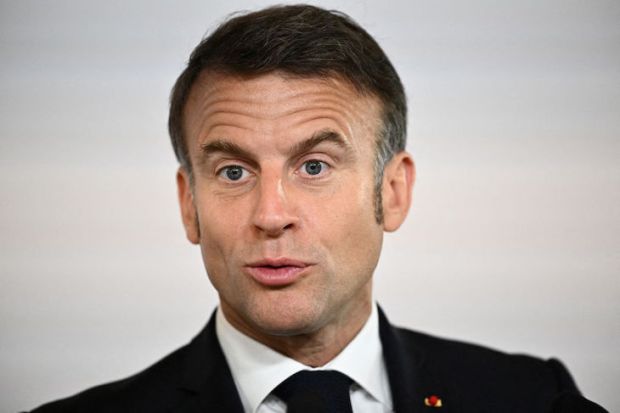













Comments
Don't miss out
Join the conversation with other Spectator Australia readers. Subscribe to leave a comment.
SUBSCRIBEAlready a subscriber? Log in